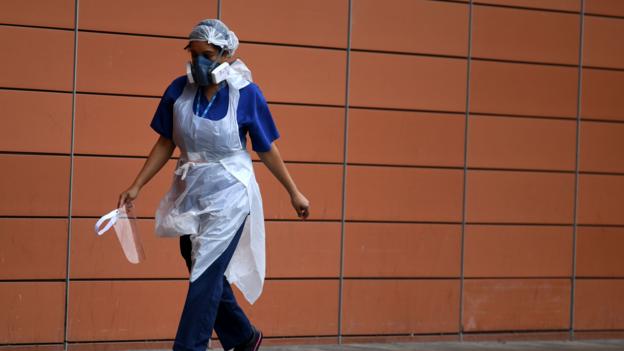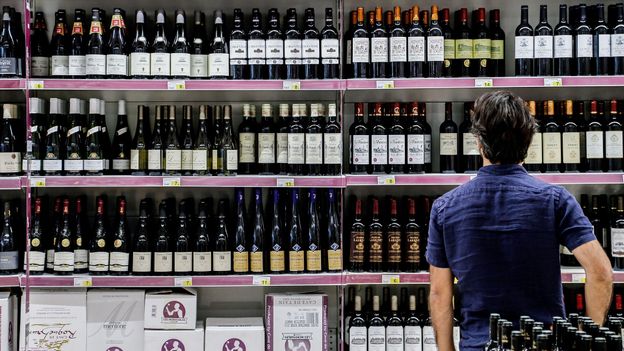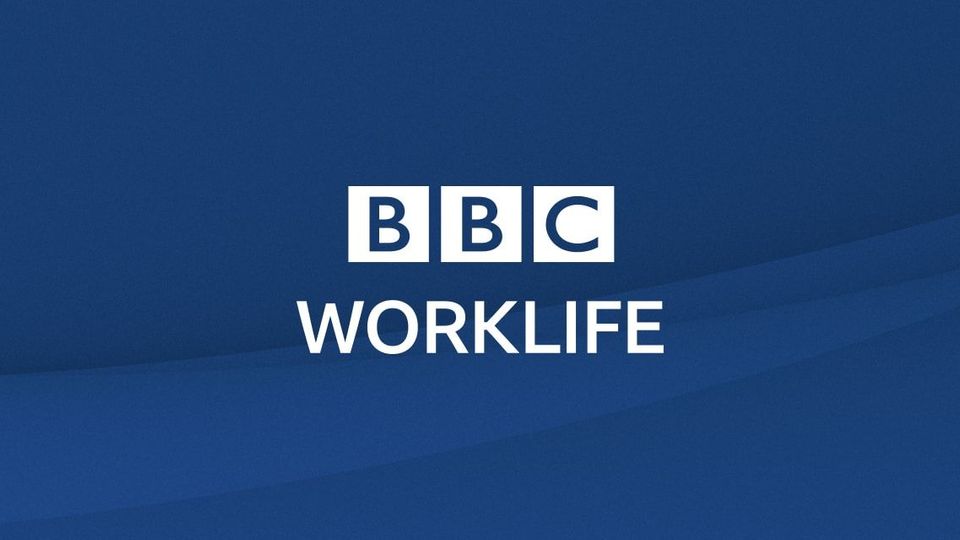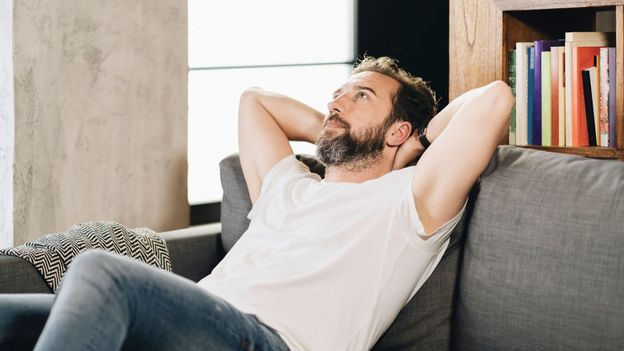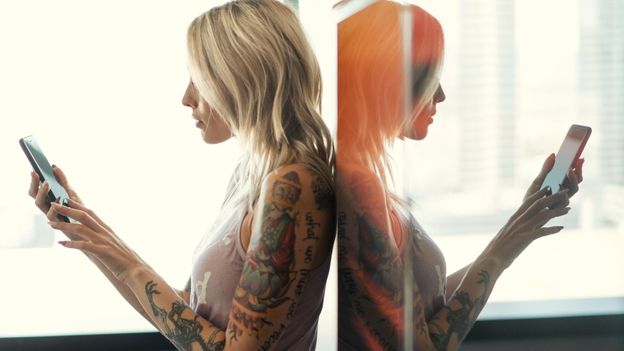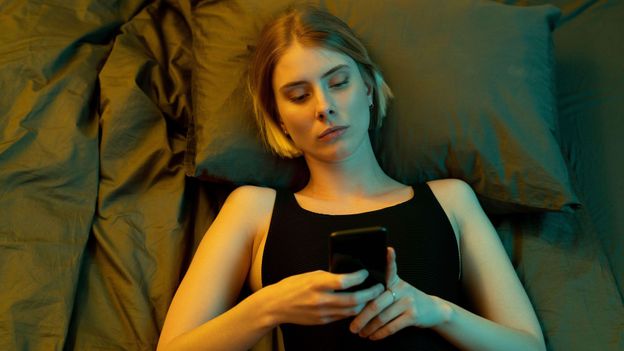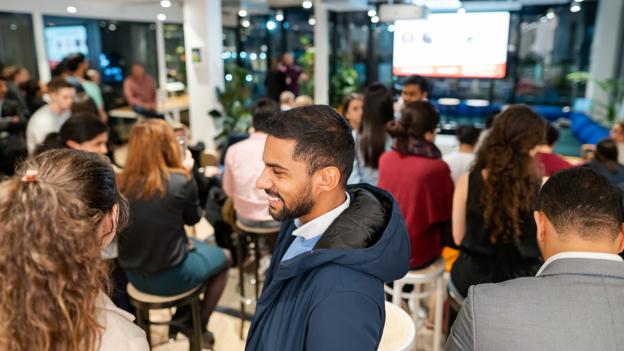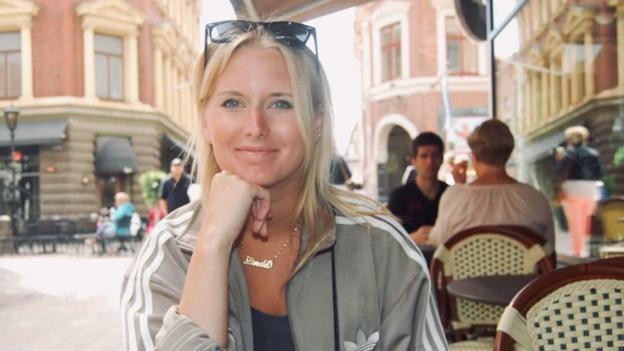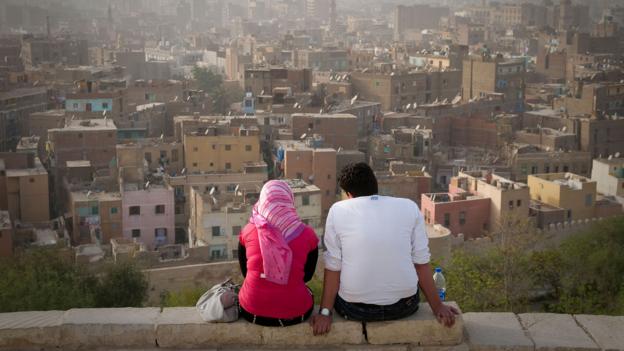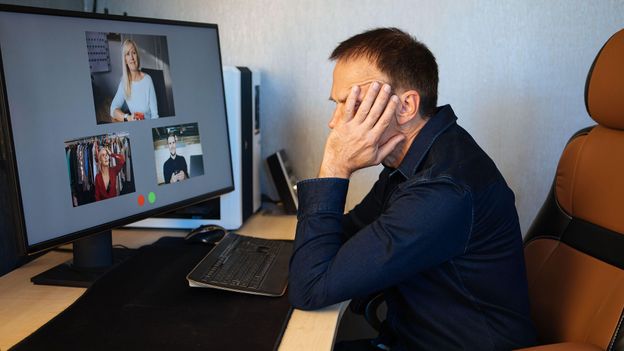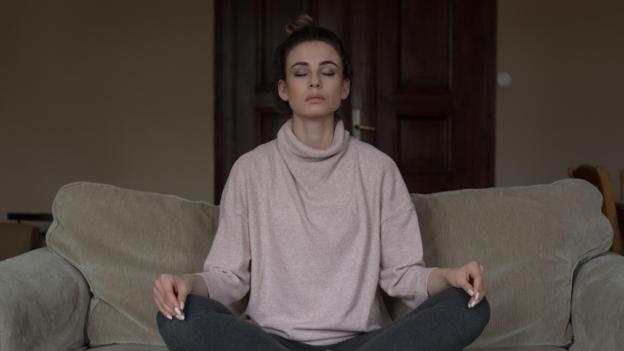Langdon suggests that, while the idea of the hero has been a core trope of culture for millennia, perhaps the super-hero movie phenomenon of the last decade speaks to some renewed, deep-seated need for it. But he also stresses how confused our thinking about heroism can be. We expect, for example, our heroes to be pure. How can a man who tackles a terrorist with a narwhal tusk (in London late last year) also be a convicted murderer himself?
“Heroism is situational – it’s the moment that calls for the hero, not the hero that makes the situation. And the opportunity to act heroically may never come in a lifetime,” Langdon explains. “Heroes are not special people, but they do manage to get past the psychology that would stop other people from acting. Now though we have the opportunity to reframe the heroic as also something more everyday. People don’t tend to think of nurses, for example, as mythic figures. This pandemic may allow us to see heroism in a very different way.”
Reframing ‘heroism’
That fits the contention of Alice Eagly, professor of psychology at Northwestern University in Illinois, who has argued more for a wider ‘relational heroism’, as she calls it.
It’s less the idealised action hero variety that typically makes the news, and more the discreet, low-key, often more female variety that, she says, “is much less dramatic and more personal, that’s not necessarily a sudden act but is more of a continual commitment”. Her example includes those who donate kidneys to people they’ve never met. Or, yes, those who might choose to put the safety of themselves and their families first, but who instead treat the infectious hands-on day after day.
“I think it’s inevitable that some people are given less credit because they’re seen as being heroic as part of their job. Risk to them is routine,” she says. “But it seems to me that this virus presents conditions that are anything but routine. And what we’re seeing in the use of the word ‘hero’ now is a recognition of those dangers, made all the clearer by the stark contrast between most of us staying at home while others are out there keeping things moving. Maybe now attitudes to the standing of some work, like nursing, will change.”
Philip Zimbardo agrees. One positive outcome of the pandemic would be a potentially transformative appreciation of the truly heroic, however easily overlooked.
“That could really change things [for the better],” says Zimbardo. “Twenty years ago I conducted an experiment to assess whether and why people might or might not help someone in obvious need of help. Unsurprisingly, not many people did help. I’d like to conduct the same experiment again – because now I reckon the rates of help would be much, much higher.”

